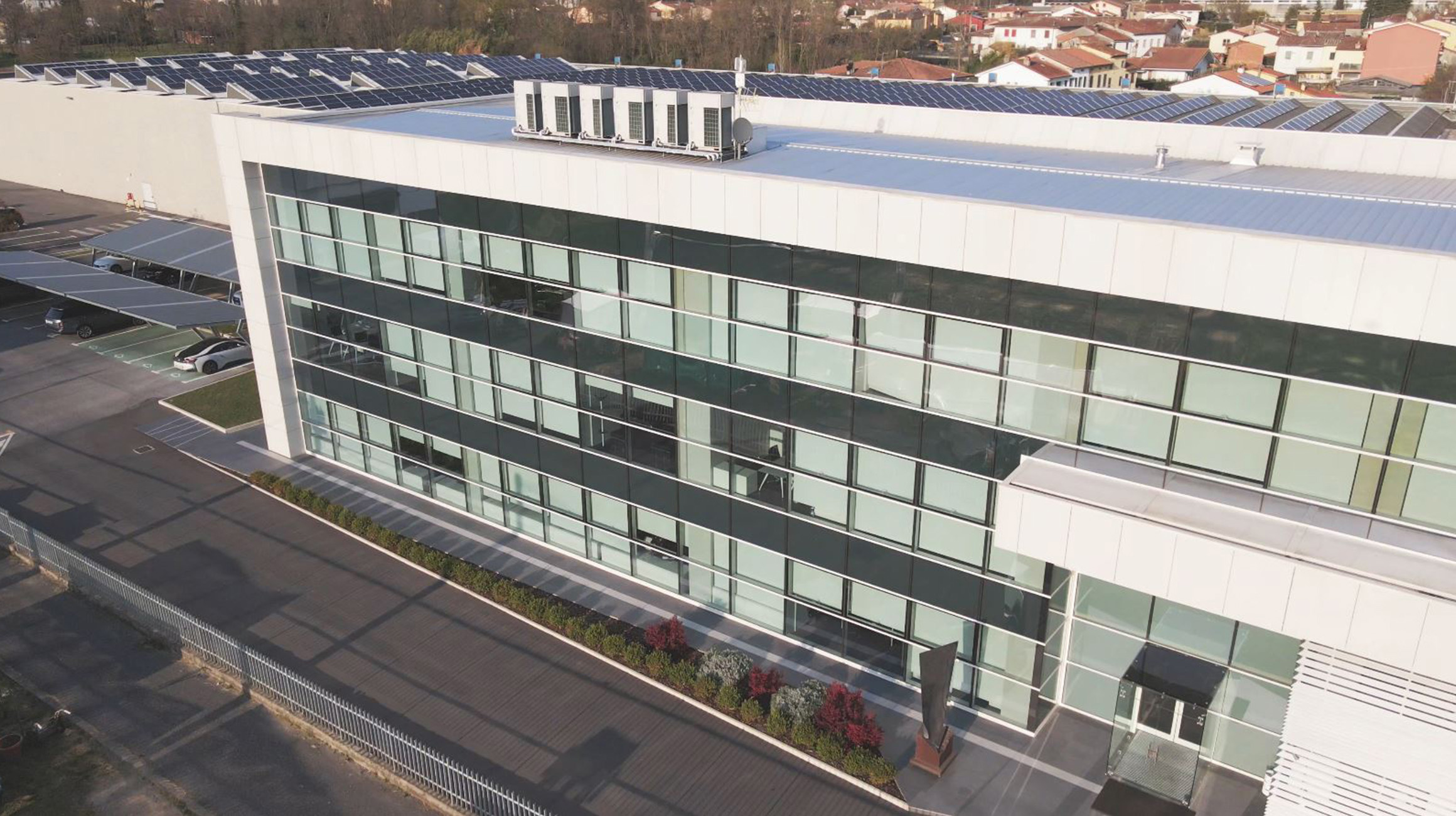Our well-known performance in fuel, oil and engine air is now available with an eco-friendly lignin-based saturation. We launched this product range at Filtech in 2024.
Our lignin filter media is designed to reduce the product carbon footprint. Unlike traditional filter media, our cellulose filter media is saturated with an eco-friendly lignin-based resin, ensuring that the filter element offers the best performance, while taking a step into more sustainable filtration solutions. Lignin is a natural polymer found in the cell walls of plants, providing structural support and rigidity. In our filter media we replace phenolic and epoxy resins by lignin for its sustainable properties, offering an ecofriendly alternative to replace fossil-based resins. The lignin-based resin saturation is used in various automotive applications, including engine air intake, oil, and fuel filtration. The application of lignin is not limited to these – any cellulose filter media, which is currently using phenolic resins can seamlessly be switched to our lignin-based saturation.
By adding the eco-friendly lignin saturation we developed a more sustainable product that does not compromise on filtration performance nor on its mechanical properties. Additionally, the formaldehyde emissions during the curing process are decreased by ~ 20%. Our new lignin saturation can be enhanced with flame retardancy, combining safety and sustainability while meeting the most stringent industry standards. With more than 35 years of experience in flame retardancy we are now able to provide a sustainable and safe solution for market demands.
Compared to standard media with a fossil-based resin saturation the new lignin-based saturation filter media offers an improved product carbon footprint. Taking an engine air filter media with flame retardant saturation as an example, the product carbon footprint can be reduced by up to 6.6% with the lignin-based saturation.(*) The crude oil, that is saved by using a lignin modified resin, can be up to 100 kg per one ton of filter material. Another example would be a polyester containing oil filter media – the carbon footprint of this medium is reduced by ~10%(*) by replacing the phenolic saturation with the lignin saturation. Additionally, if the polyester fibers of those products are replaced by recycled fibers and "biomethanol" is used in the saturation process the product carbon footprint can be reduced by ~ 40%.(*)
(*) Product carbon footprint estimate, cradle-to-gate using primary and secondary data from Sphera MLC 2024
In addition to sustainable lignin filter media, Gessner also offers a wide range of innovative packaging material:
Contact the GESSNER team to reduce your Product Carbon Footprint: gessner@mativ.com



 GESSNER's Lignin Filter Media to reduce the Product Carbon Footprint by using eco-friendly filter media.
GESSNER's Lignin Filter Media to reduce the Product Carbon Footprint by using eco-friendly filter media.


